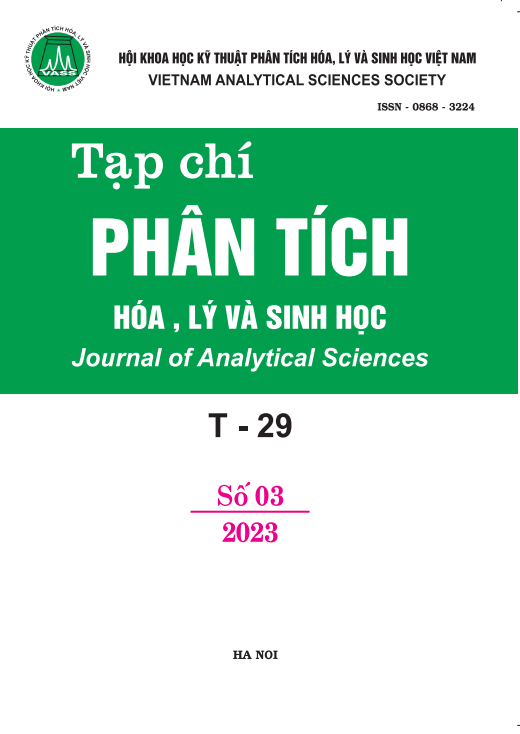NGHIÊN CỨU CHẾ TẠO THIẾT BỊ VI LƯU GIÚP PHÂN LẬP EXOSOME TỪ MÔI TRƯỜNG ĐỒNG NUÔI CẤY TẾ BÀO UNG THƯ VÀ TẾ BÀO THÀNH MẠCH MÁU
Tóm tắt
The angiogenesis, the formation of new blood vessels, is crucial for nourishing and developing cells as well
as restoring the damaged area. In cancer, angiogenesis plays a crucial role by promoting the formation of
new blood vessels to feed cancer cells. These cells actively release signals that stimulate surrounding tissues
to initiate and facilitate the process of angiogenesis. Exosomes, extracellular vesicles isolated from cancer
cells, have been identified as a precursor for understanding the mechanism of angiogenesis and developing
new cancer treatments. Therefore, the evaluation of exosome formation, properties, and the application of
exosome as anti-angiogenic drugs carrier for cancer treatment has been widely interested. The main
purpose of this research is to fabricate a microfluidics device for co-culturing cancer cells and blood vessel
cells, in order to isolate and identify exosome characteristics and their effects on the development of
HUVEC cells. In this study, we fabricated a microfluidic device that can be cultured simultaneously with
two types of cells from commercially available materials - PMMA machined by laser engraving and PEGDA
hydrogel. The microfluidic device consisted of 3 layers, including 2 layers of PMMA (24 x 50 mm) and a
layer of cover glass. The isolated exosome form HepG2 cells had the average size around 65.4 nm by
dynamic light scatering (DLS) measurement. Further, HUVEC cells can develop faster at a rate of about 2
times with the present of exosomes from HeG2 cells than single cell culture. Thus, the device is a promising
approach to future cancer treatment with wide range of applications.

